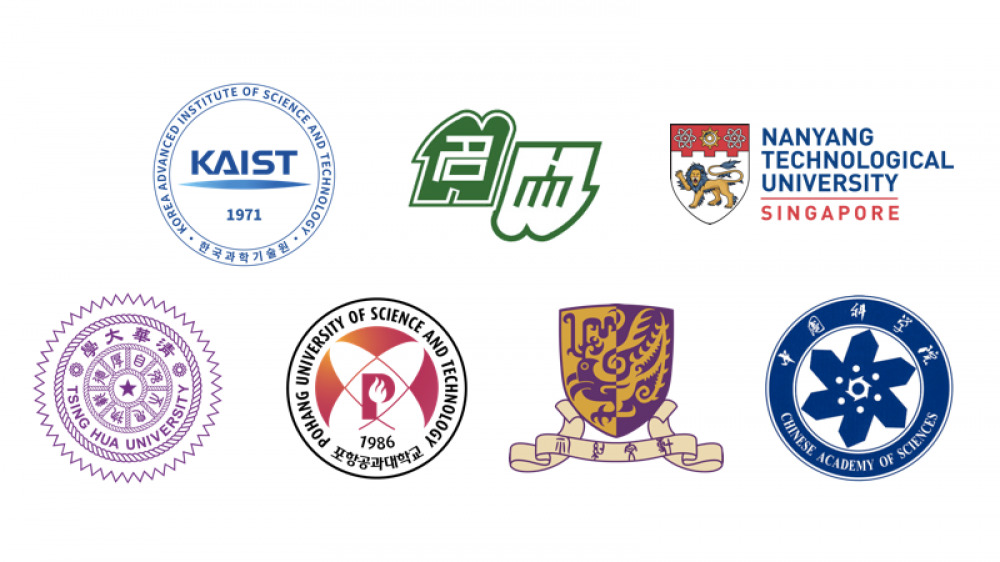APRU has rarely admitted new members since its founding in 1997, and is now the most influential consortium connecting the Americas, Asia and Australasia.
Hong Kong SAR, November 20, 2017—The Association of Pacific Rim Universities (APRU) is pleased to welcome seven new members: KAIST (Korea), Nagoya University (Japan), Nanyang Technological University (Singapore), National Tsing Hua University (Chinese Taipei), POSTECH (Korea), The Chinese University of Hong Kong, and the University of the Chinese Academy of Sciences (China). The announcement brings total membership to 50 research universities around the Pacific Rim.
Gene D. Block, UCLA Chancellor and APRU Chair, welcomed the universities to the higher education, research and advocacy consortium. He is confident the new members will add to the group’s “collective strength in addressing the challenges of the 21st century.”
APRU works with partners in government, business and other international organizations on solutions to the major challenges to the Asia-Pacific region—from climate change and disaster risk reduction to sustainable cities and capacity-building in data science.
Chancellor Block recognizes the necessity of an organization connecting actors regionally when approaching international issues.
“While today’s challenges are too complex to solve alone, acting together with these new members there is almost no limit to what we can accomplish. Our members represent a significant proportion of the research and innovation capabilities of the APEC economies,” he said.
Christopher Tremewan, APRU Secretary General, believes that the new members will consolidate APRU’s position connecting research, education and public policy as it works with partners to shape international responses to global issues.
“The volatile international context highlights the value of an association that connects leaders and builds enduring trust across many boundaries, including nationality, culture, language and academic discipline,” he said.
APRU’s mix of collaboration and advocacy aims to position the network to tackle increasingly complex challenges.

